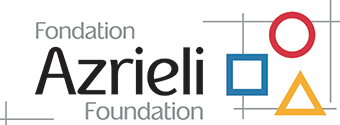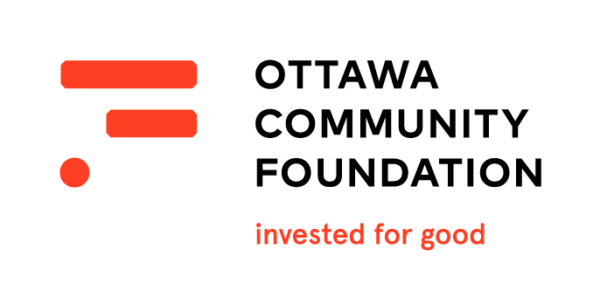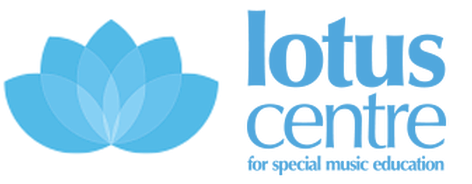Jan 8
/
Jeff Sabo
Choosing a Method Book for Students with Exceptionalities
Many music teachers use method books as a central part of their lessons. We may have our favourites, there are a LOT of method books out there! For students with exceptionalities, our choice of book can have a big impact on the learning process, so it’s important to choose one that fits them as an individual. In this blog, I’ll talk a bit about what teachers need to consider when choosing a method book for their students with exceptionalities.
Before the Book: Knowing Your Student
Because everyone is different, no one book is going to be a perfect choice that works for every student. As I said before, there are tons of method books out there, so we can choose different books to fit each student. Before choosing a book, the first and most important thing is to know your student. For new students with exceptionalities, this is why the intake process is essential. As you get to know them, you can ask: What are their current abilities? What are their interests? What do I want them to learn? The answers can guide your choice of method book. You can also assess whether or not the student can use traditional method books at all (either with or without adaptations and/or supplemental materials), or if they need an adapted method. Here are some adapted method books that you can investigate for students who need them:
Choosing a Book:
Four Key Elements
Once you have an idea of the students’ abilities and your learning goals, it’s time to choose a book. There are many elements of music learning, and books often approach them in different ways, but here are some general ideas to help you decide on a good fit for your student:
Technique: Students with exceptionalities sometimes struggle with fine motor skills, which is a key component of music performance on many instruments. When choosing a method book, you can consider how technique is introduced and used in the selections. What motor skills are involved? How will they need to use their fingers, hands, and arms to play the songs? How much can they do in the book using their current technical abilities, and what will they need to learn to move forward?
Reading method: Reading music is a complicated process that many of us take for granted after years of practice. When choosing a method book, think about how reading is introduced. For example, are pitches taught by note naming or intervals? Are the pitches kept within a small range, or do they need to read across the whole staff? Do they need to read multiple clefs? How are key signatures used (if at all)? For rhythm, how many different time signatures and note values are used? All of these aspects of reading require certain cognitive abilities that can be challenging for some students.
Pacing: Some students with exceptionalities learn better with linear instruction, and others work better with a spiral design. In the method book, how long does it remain on each concept/skill before introducing new ones? Does it return to them later on to reinforce concepts? If it’s part of a series, how much is covered in each volume?
Other aspects of design: Students with exceptionalities also vary in their visual processing abilities and focus. Some methods books have big differences in the size of printed notes and words, and this can impact how well some students read. You can also look out for pictures and other designs that may be engaging, but also distracting!
Some final thoughts:
These are just some of the many aspects of choosing a method book for your students with exceptionalities. In the end, it’s important to note that method books are just learning materials, so you’re not tied to any one book just because you’ve chosen to start it. As teachers, our job is to make the book work for our students, and not the other way around. It’s important to pick a book that is suitable for them, but whatever book you choose, you can always add adaptations, like colouring, or supplementary materials from other books that fit their abilities or reinforce relevant skills.
Happy Teaching!
Featured links
Contact Us
-
1002 Beaverbrook Road, Suite 13Kanata, ON K2K 1L1
-
jeff@lotuscentre.net
-
(613) 801-0031
Copyright © 2026 by Lotus Centre for Special Music Education.
Our programs are funded in part by the Azrieli Foundation and the Ottawa Community Foundation



